DevOps Certification Training Course with Gen ...
- 190k Enrolled Learners
- Weekend
- Live Class
DevOps is a term that refers to the collaboration of software developers (dev) and operations personnel (ops). It is defined as a software engineering methodology that aims to integrate the work of software development and software operations teams by fostering a collaborative and shared responsibility culture.
A lot of big IT companies have adopted DevOps as their way forward.
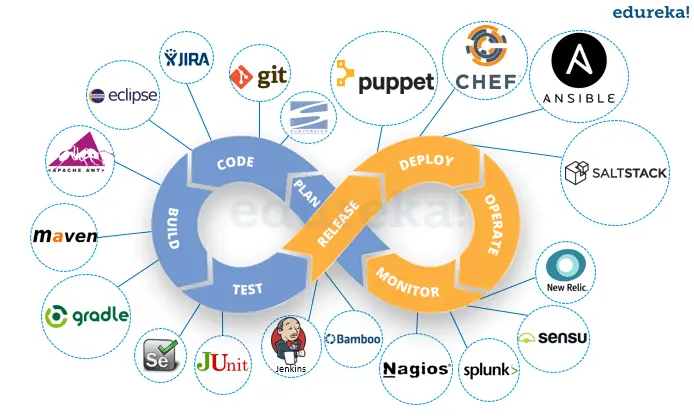
The ultimate goal of DevOps is to decrease the duration of the system’s development life cycle while delivering features, fixes, and updates frequently in close synchronization with business objectives.
DevOps is a software development approach with the help of which you can develop superior quality software quickly and with more reliability. It consists of various stages such as continuous development, integration, testing, deployment, and monitoring.
Before DevOps, We had two approaches for software development namely the Waterfall and the Agile.
The waterfall model is a software development model that is pretty straight forward and linear. This model follows a top-down approach.
This model has various starting with Requirements gathering and analysis. This is the phase where you get the requirements from the client for developing an application. After this, you try to analyze these requirements.
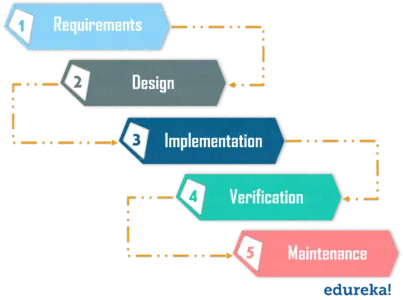
Once the design is ready, you move further with the Implementation phase where you begin with the coding for the application. The team of developers works together on various components of the application.
Once you complete the application development, you test it in the Verification phase. There are various tests conducted on the application such as unit testing, integration testing, performance testing, etc.
After all the tests on the application are completed, it is deployed onto the production servers.
At last, comes the Maintenance phase. In this phase, the application is monitored for performance. Any issues related to the performance of the application are resolved in this phase.
Simple to understand and use
Allows for easy testing and analysis
Saves a significant amount of time and money
Good for small projects if all requirements are clearly defined
Allows for departmentalization & managerial control
Risky and uncertain
Lack of visibility of the current progress
Not suitable when the requirements keep changing
Difficult to make changes to the product when it is in the testing phase
The end product is available only at the end of the cycle
Not suitable for large and complex projects
Agile Methodology is an iterative based software development approach where the software project is broken down into various iterations or sprints. Each iteration has phases like the waterfall model such as Requirements Gathering, Design, Development, Testing, and Maintenance. The duration of each iteration is generally 2-8 weeks.
 DevOps Tutorial for Beginners | Learn DevOps in 7 Hours – Full Course | DevOps Training | Edureka
DevOps Tutorial for Beginners | Learn DevOps in 7 Hours – Full Course | DevOps Training | EdurekaThis Edureka DevOps Tutorial for Beginners will help you learn its concepts and tools with examples and demos. You will understand how a pipeline can be imagined for existing infrastructure. Furthermore, it will cover different DevOps projects & phases.
In Agile, a company releases an application with some high-priority features in the first iteration.
After its release, the end-users or the customers give you feedback about the performance of the application.
Then you make the necessary changes to the application along with some new features and the application is again released which is the second iteration.
You repeat this entire procedure until you achieve the desired software quality.
It adaptively responds to requirement changes favorably
Fixing errors early in the development process makes this process more cost-effective
Improves the quality of the product and makes it highly error-free
Allows for direct communication between people involved in software project
Highly suitable for large & long-term projects
Minimum resource requirements & very easy to manage
Highly dependent on clear customer requirements
Quite Difficult to predict time and effort for larger projects
Not suitable for complex projects
Lacks documentation efficiency
Increased maintainability risks
Optimize, automate, and innovate with confidence – our AWS DevOps Course makes it possible.
Eleven DevOps tools are matched with the appropriate procedures in the next seven categories. Remember that each step in the DevOps life cycle might iterate or repeat numerous times until the project is concluded, despite the list’s numerical order.
Continuous development includes both the planning and coding of the program in the DevOps life cycle. Jira and Git are two of the most well-liked DevOps tools for this stage of development [1]:



Continuous integration in the DevOps pipeline necessitates developers to contribute changes (such as new features or bug patches) to the source code. In this stage of development, Jenkins is one of the most used DevOps tools:
 3. DevOps tools for continuous testing
3. DevOps tools for continuous testingContinuous testing in the DevOps life cycle refer to a regular inspection of developed software for errors, and flaws. Continuous testing is especially beneficial when using DevOps automation technologies. Through functions like automated test execution and parallel testing across many codebases, they enable quality assurance (QA) teams to broaden the scope of testing. Two of the most useful continuous testing tools are Selenium and Bamboo:




The step of deploying code to the servers used for production is known as “continuous deployment” in the DevOps life cycle. DevOps solutions that enable quick and frequent deployments are vital because this occurs frequently. Continuous deployment can benefit from both container management solutions and configuration management systems:

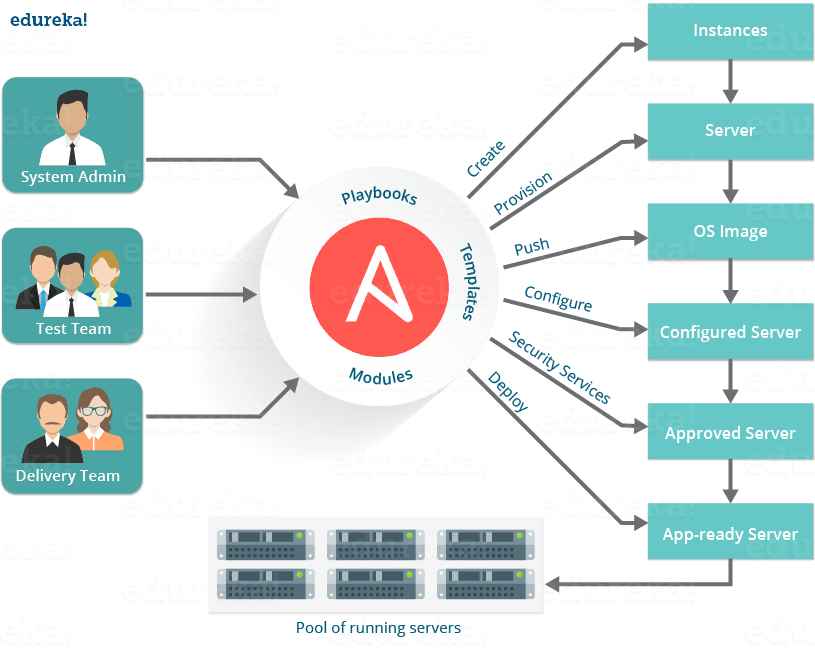
A key element of the DevOps process is analyzing and implementing feedback. Continuous improvement is made possible by constant feedback. Insights from both internal sources (such as employee surveys and bug reports) and external sources (such as support tickets or social media mentions) must be gathered. To help your continuous feedback loops, there are a number of DevOps technologies available:
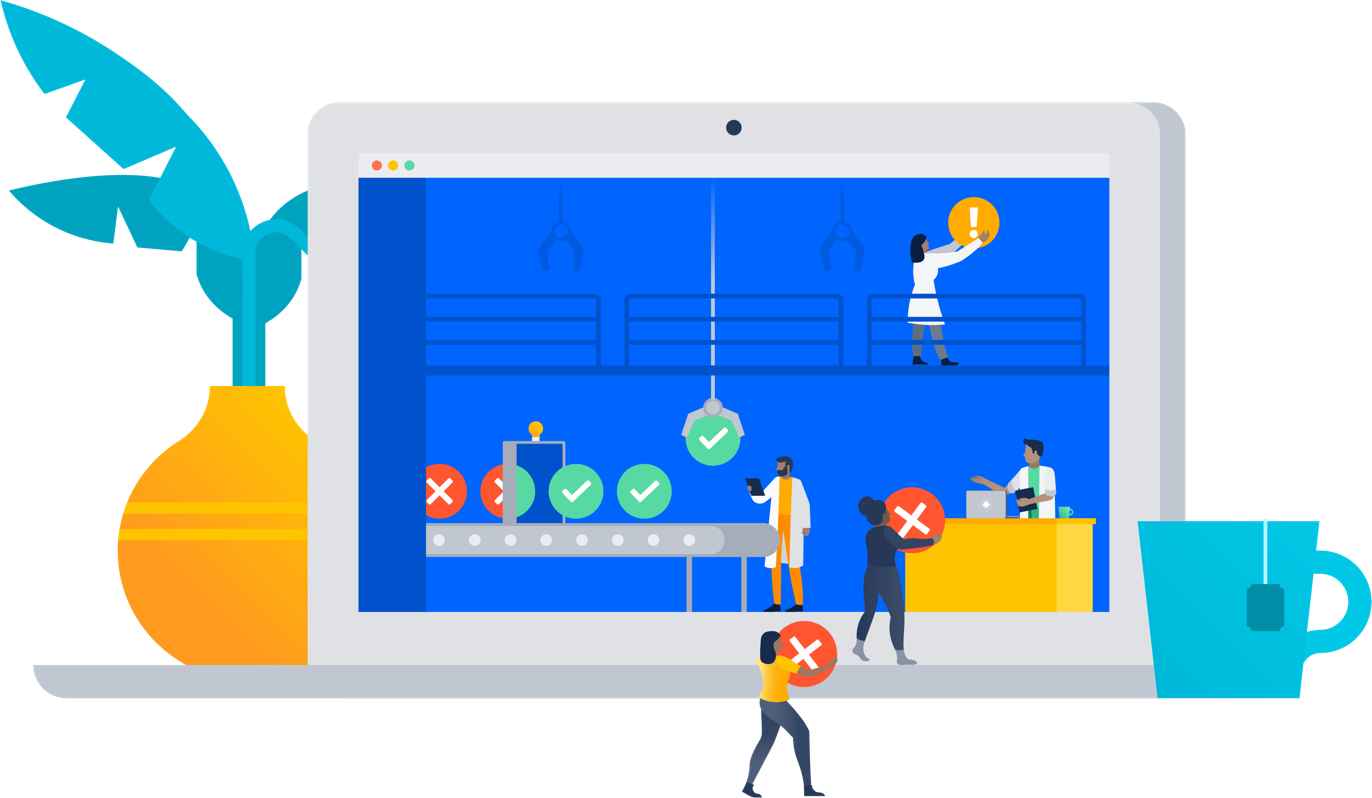
Continuous monitoring of the application in the DevOps pipeline necessitates regular inspections for defects, system faults, performance problems, and anything else that can have an impact on product quality. Both application and server monitoring should be supported by your DevOps monitoring tools.

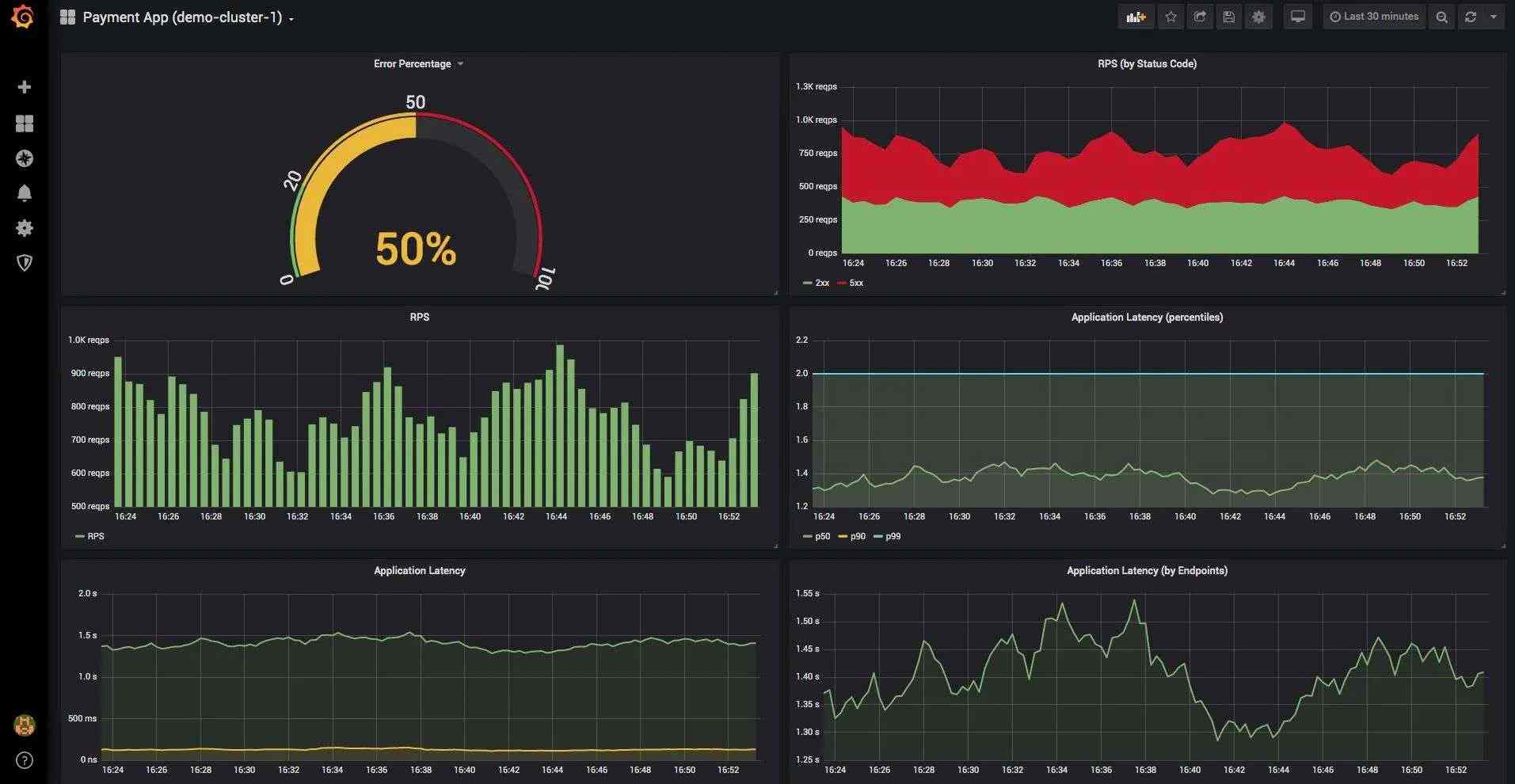
Applications and services must run continuously, without pauses or downtime, according to the concept of continuous operation. The technologies mentioned above all have capabilities that can help you with continuous operations. Opsgenie, for example, is an incident management software that might prove useful
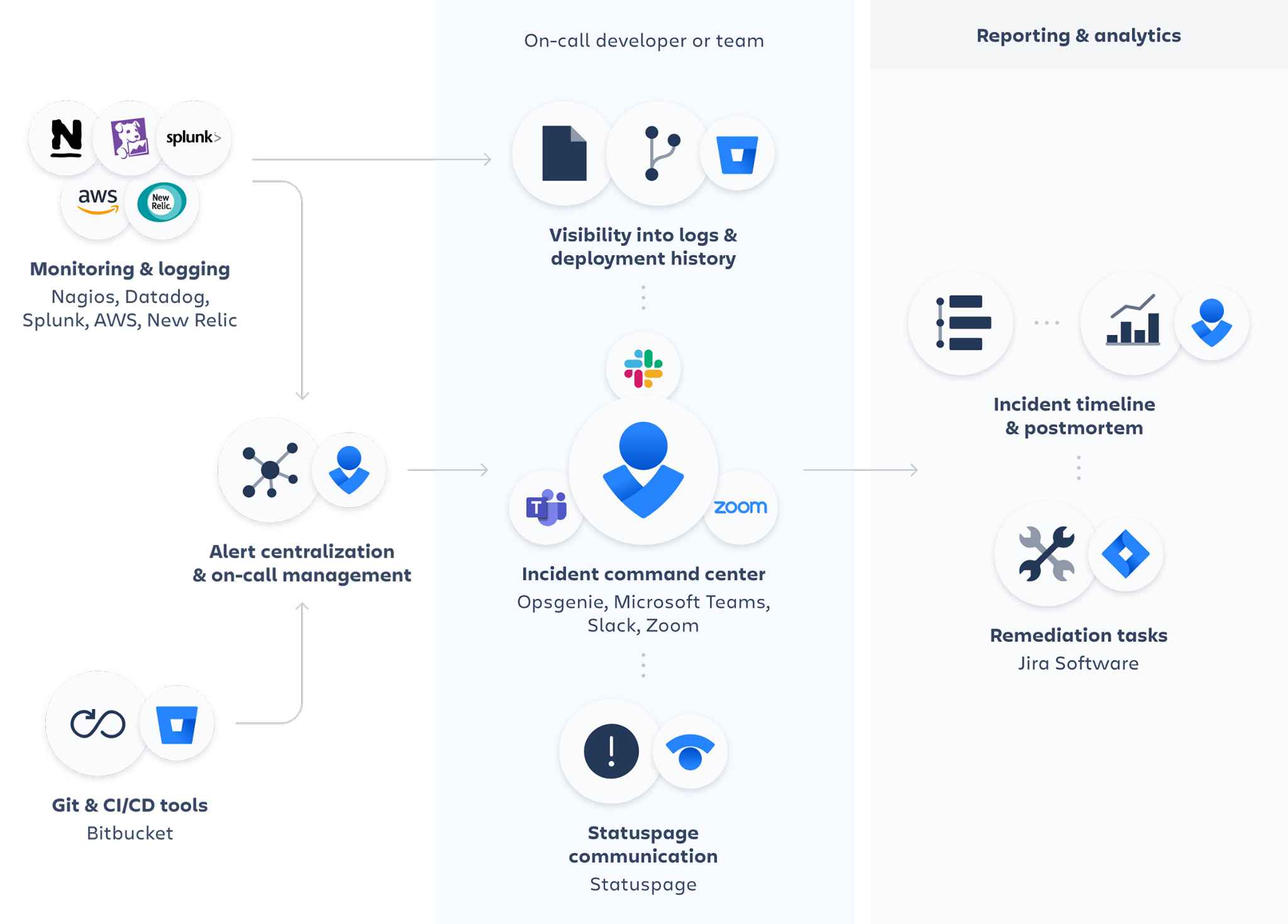 .
.
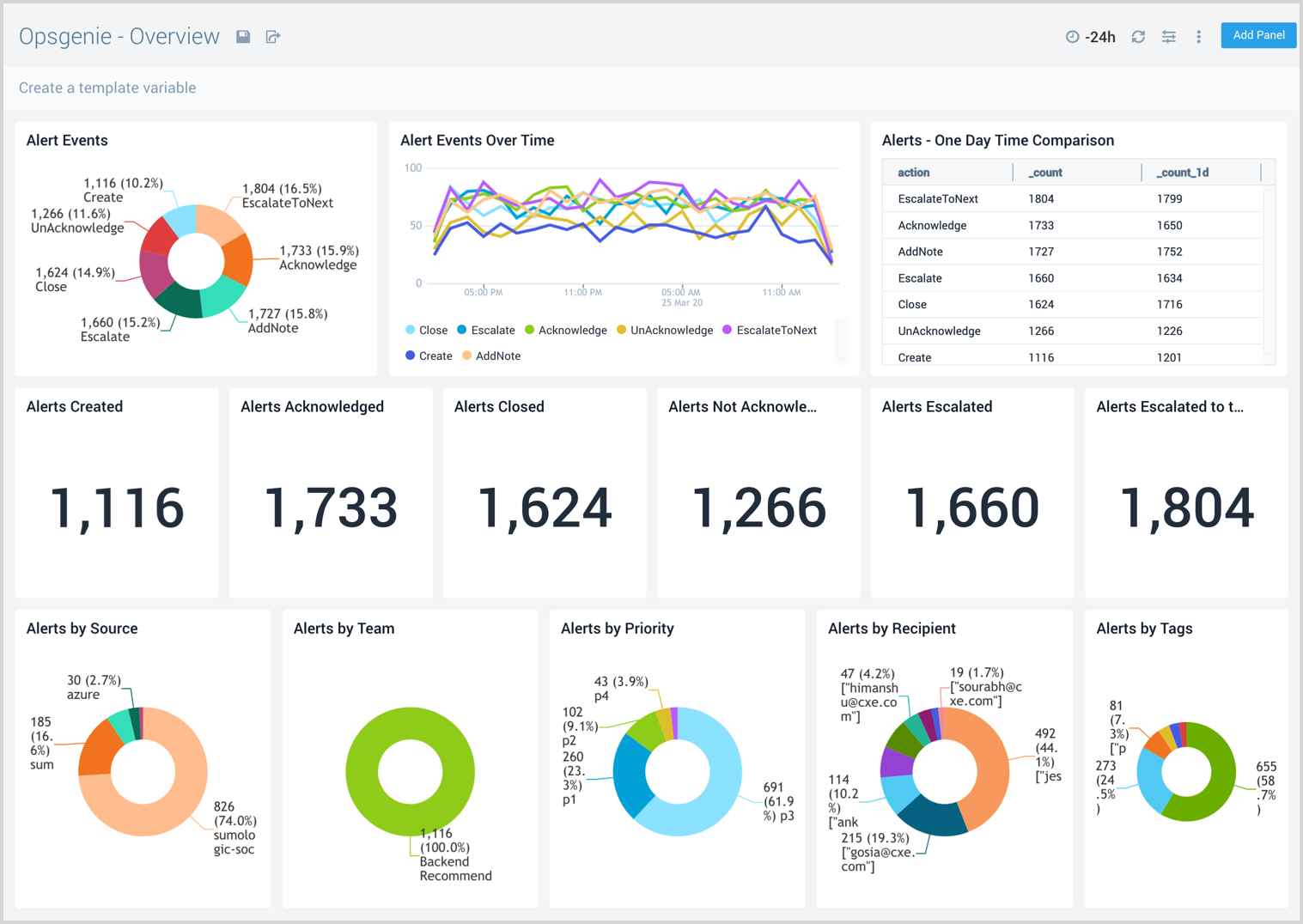
DevOps Engineer is somebody who understands the Software Development Lifecycle and has the outright understanding of various automation tools for developing digital pipelines (CI/ CD pipelines).
DevOps Engineer works with developers and the IT staff to oversee the code releases. They are either developers who get interested in deployment and network operations or sysadmins who have a passion for scripting and coding and move into the development side where they can improve the planning of test and deployment.
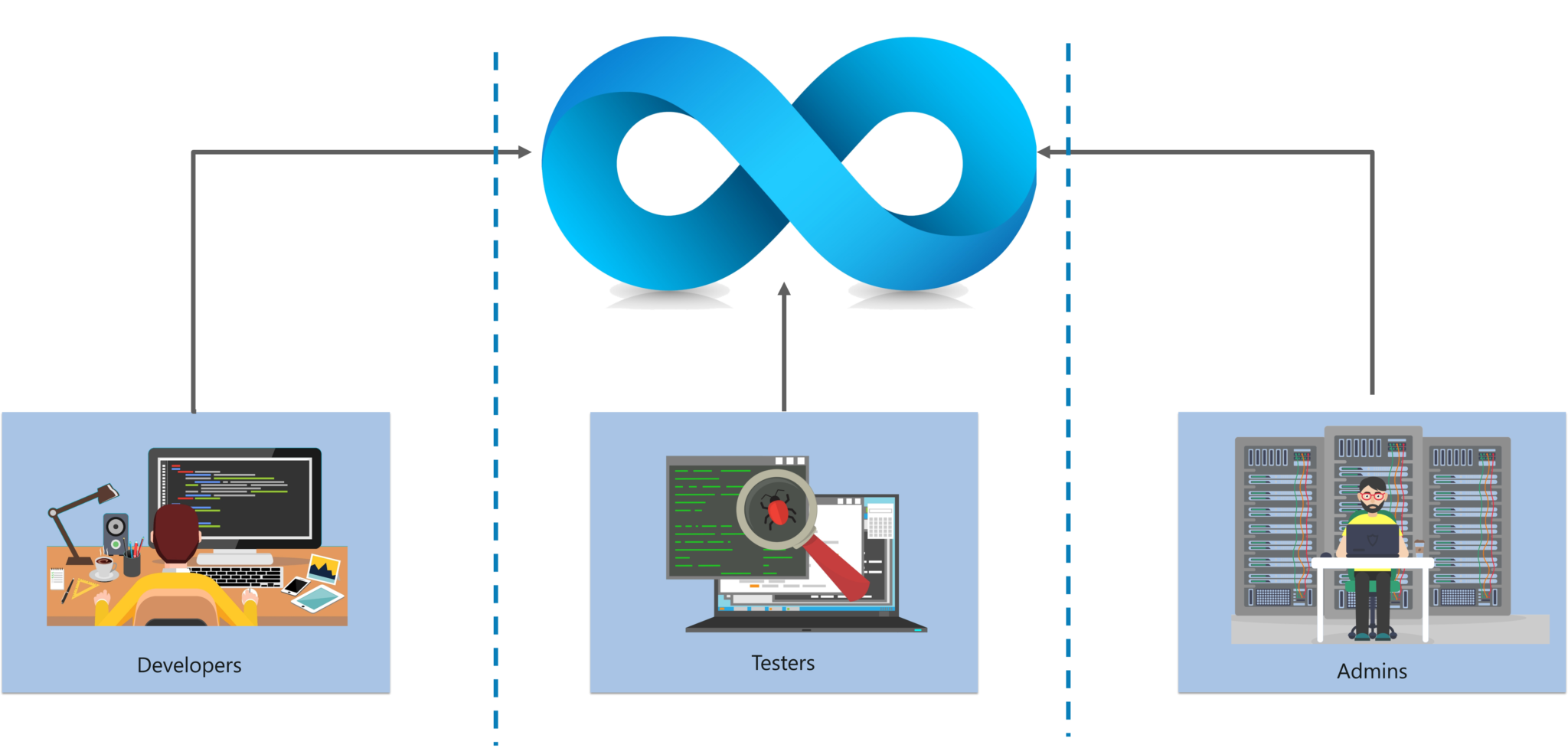
So that was all from my side in this article. I hope you have understood everything that I have discussed here. If you have any questions kindly mention that in the comments section.
If you are in the IT industry, you might have heard one of the most trending buzzwords called DevOps. If you want to pursue a career in DevOps, then it is certainly beneficial and rewarding to go for a Post Graduate Program in DevOps.
Following is a list of blogs that you might find interesting:
Now that you have understood all about DevOps, check out DevOps Training with Gen AI by Edureka, a trusted online learning company with a network of more than 250,000 satisfied learners spread across the globe. The Edureka DevOps Certification Training course helps learners to understand and gain expertise in various DevOps processes and tools such as Puppet, Jenkins, Nagios, Ansible, Chef, Saltstack and GIT for automating multiple steps in SDLC. Learn how to succeed from the basic to the most advanced techniques, we cover everything. You can also check out our DevOps Engineer Masters Program.
Got a question for us? Please mention it in the comments section and we will get back to you.
Related Post:
What are the DevOps implementation challenges at your organization?
 Thank you for registering Join Edureka Meetup community for 100+ Free Webinars each month JOIN MEETUP GROUP
Thank you for registering Join Edureka Meetup community for 100+ Free Webinars each month JOIN MEETUP GROUPedureka.co
Awesome post and a nice learning !!! Thanks
Hey Shubabrota! Thank you for going through our blogs. Do browse through our other content and let us know how you liked it. Thanks :)
Hey Edureka team – Nice article to start with. Really liked it. So I am an IT Professional and my domain is Virtualization. Now I am willing to learn DevOps but want to know how much easy or difficult it’ll be for me to get into this since it involved a lot of Coding, developing, testing etc. I have no backgroud whatsoever with the language, programming, coding n all. Please advice. Thank you.
Very well articulated.. I love the way edureka is teaching the concepts.. You guys really rock !!
Hey Sudheer, thanks for the feedback. We are delighted that you loved our content. Do stay tuned for more updates. Cheers!
hi,
Currently I am working on Oracle Weblogic/SOA/BPM administration . I am thinking to learn either Devops ro Hadoop . Which one we have bright feature in india . If the person have 4 years of exp on devops how much we can demand ? What hadoop ? How much we can demand if we have 4years of exp on Hadoop ?
Regards,
Kasi.
Hi, I would like to use some of the pictures in my thesis. Is it possible to provide them without watermark? I’ll cite this blog as a reference, since the information here is very good and very well explained.
Hey Ricardo, thanks for checking out our blog. We’re glad you liked it.
Since this is proprietary material, request you to use the images only with the watermark and citation.
Please feel free to get in touch with us if you have any questions. Cheers!
Liked the above video. Nice practical explanation.
Can you tell me how a mainframe applications are tested automatically. As mainframe do not have any tools for testing.
I in one word, you made me happy… this is an amazing easily explained the concept… i love it…
Hey Uttam, thanks for the wonderful feedback! We’re glad you liked our blog.
Here’s a blog that will help you understand the career path and available opportunities: https://www.edureka.co/blog/devops-engineer-career-path-your-guide-to-bagging-top-devops-jobs. Do write to us if you have any further queries and subscribe to stay posted on upcoming blogs. Hope this helps. Cheers!
Hi Team,
I am working as a Android developer now i want to move into the DevOps … Can you suggest is my decision is right.. moving into the Devops ..
Thanks
Harish
Hey Harish, thanks for checking out our blog.
DevOps has great career opportunities and if this career path interests you, then you can take advantage of the available opportunities. You can read up more about it here: https://www.edureka.co/blog/devops-engineer-career-path-your-guide-to-bagging-top-devops-jobs.
Professionals who are keen to take up DevOps training should have IT experience. There are no other prerequisites. So if this line of work interests you then you can take up DevOps training and acquire the skills for the transition. Our course would help you in this: https://www.edureka.co/devops.
Hope this helps. Cheers!
Who can start learning DevOps , is there a prerequisite , i am from SAP MM background with experience in supply chain management, kindly advise.
Hey Shivam, thanks for checking out our blog.
Professionals who are keen to take up DevOps training should have IT experience. There are no other prerequisites.
Hope this helps. Cheers!
what can I do to start career in DevOps ?
Hi, thanks for checking out our blog. There are no specific prerequisites to become a DevOps Practitioner. Anyone with basic experience in IT or basic knowledge of Linux and Networking can become a DevOps Practitioner. If you have these skills, then you can get trained in DevOps. You can check out our DevOps course details and find out who can go for this course here: https://www.edureka.co/devops-certification-training. Also, here’s a blog that will help you understand the career path and available opportunities: https://www.edureka.co/blog/devops-engineer-career-path-your-guide-to-bagging-top-devops-jobs. Do write to us if you have any further queries. Hope this helps. Cheers!